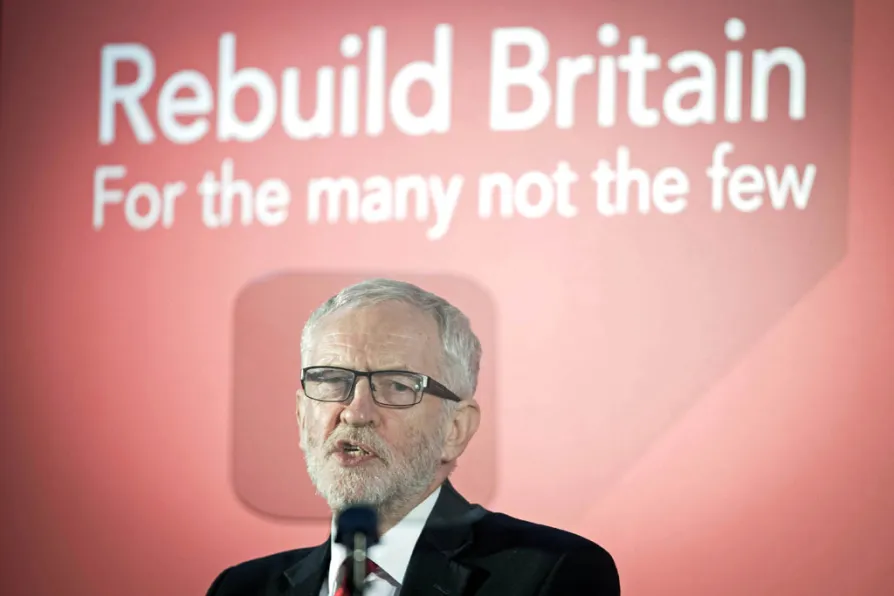MARIA DUARTE and ANGUS REID review Materialists, Unmoored, Together, and Bambi: A Tale of Life in The Woods

 'Corbynism: the Protean political phenomenon into which so many hopes and fears have been poured'
'Corbynism: the Protean political phenomenon into which so many hopes and fears have been poured'
“CORBYNISM” — the protean political phenomenon that has become the vessel into which so many hopes and fears have been poured — most likely faces its greatest test in the near future: a general election which could propel the man it is named after into 10 Downing Street with a mandate for sweeping social change.
So it is a propitious moment to take stock. It is just four years since Jeremy Corbyn won the leadership of the Labour Party to the astonishment of almost everyone. Scarcely less remarkable is that he is still leader four years on, despite intransigent and unabated opposition from the Establishment and its powerful supporters within Labour itself.
That Corbynism has endured and, indeed, taken Labour to 40 per cent of the poll in its only general election test to date is surely due to a confluence of factors — the post-2008 crisis of neoliberalism which, inter alia, swept away the political and economic assumptions of New Labour; the development of left-led mass movements against war and austerity which sought a more comprehensive political expression and the deep-rooted and long-frustrated desire of millions of people for that alternative which Thatcher and Blair insisted didn’t exist.

Corbyn and Sultana commit to launching new socialist party

If Labour MPs who rebelled over the welfare reforms expected to be listened to, they shouldn’t have underestimated the vindictiveness of the Starmer regime. But a new left party that might rehome them is yet to be established, writes ANDREW MURRAY

Starmer doubles down on witch hunt by suspending the whip from Diane Abbott















